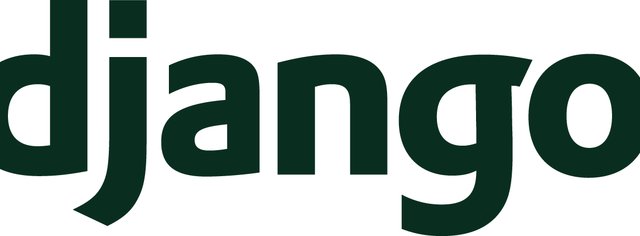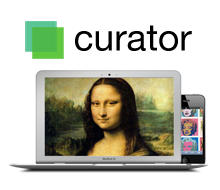Django - worth a look for museums' open source content management

What does the award-winning website of the Walker Art Center have in common with Pinterest, Instagram, The Washington Post, The Onion and NASA? They all make use of the open source platform Django as a framework for their content management systems.
Not Drupal? Not WordPress? Not this time. And with the Walker winning three international awards (two Best of the Web at the Museums and the Web conference and a Museweb at the American Association of Museums annual conference), it's hard to argue with success.
Django was originally developed in 2005 by The World Company in Lawrence, Kansas to manage several newspaper websites for the publisher. It's written in the Python programming language. Since then it has grown slowly and steadily and now powers some of the world's most popular, high-traffic sites. Like WordPress, Drupal and Rails, it is supported by a world-wide developer network, at DjangoProject.com.
Fun Fact: Django was named after jazz guitarist Django Reinhardt, and many Django developers have named their apps - Satchmo, Ellington, Coltrane - after jazz musicians.
Advantages for Museums
Django has two tremendous advantages over other codebases that make it worth a look for mid-size to large museums: rapid development, and flexibility.
Rapid development. With a competent development team, a full-featured site with precisely tailored functionality can be spun up amazingly fast - often in a matter of weeks.
Examples include:
- CashStar.com (provides gift cards for Starbucks, Home Depot and more): 6 weeks
- Mahalo Answers: 35 days
- MichaelMoore.com: 5 weeks
- TexasTribune: 4 weeks
- BayNewsNetwork.org: 4 days
As "modules" (for news, events, collections, exhibitions, for example) are written, the CMS interface for content producers (typically the marketing communications staff) is automatically generated, so developers don’t need to write that code. That means you can quickly have your staff entering content onto the site, even while designers are applying the branding to the front end (they don't bonk into each others' work).
Flexibility. For templating, Django uses something called “template inheritance”. This means that for “back page” templates, you only need to write the code that's different, “inheriting” the rest from a “base” template. This makes your code easier, less time-consuming – and less expensive – to maintain. Templates can also be more easily tailored to meet special needs, like accessibility for the visually impaired, and can inspire greater creativity among your designers. Some designers who have worked with both Drupal and Django describe the latter’s templating system as “a joy” to use.
Caution for do-it-yourselfers
If you run a small museum that doesn’t need special custom features or your staff manages your website, Django may not be the right solution for you. It just may be too much to ask of a non-technical internal staff to manage the complexities of the programming involved. In that case, customizing a WordPress or Drupal theme with a few standard modules could be enough to get you by.
On the other hand, if you’re going to do any customization at all, or you're working with an interactive agency partner, Django could be a good choice for the long term. Several developers we talked to at the Museums and the Web conference said customization is often easier with Django than with Drupal, though the difficulty often depends on the need.
Plein Air has developed a CMS specifically for museums based on the Django framework. It can handle collections data, exhibitions, events, blogs, RSS feeds and even e-commerce to integrate an online store, recurring memberships and donations.
We created a mobile tour app for the system in two days.
Our basic package, called the Curator™, is a good starting point for many museums. We developed it to create a solid foundation that gives clients a powerful platform for executing their digital communications strategy and create more beautiful and inventive interactive experiences.

